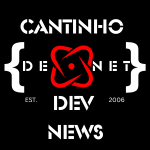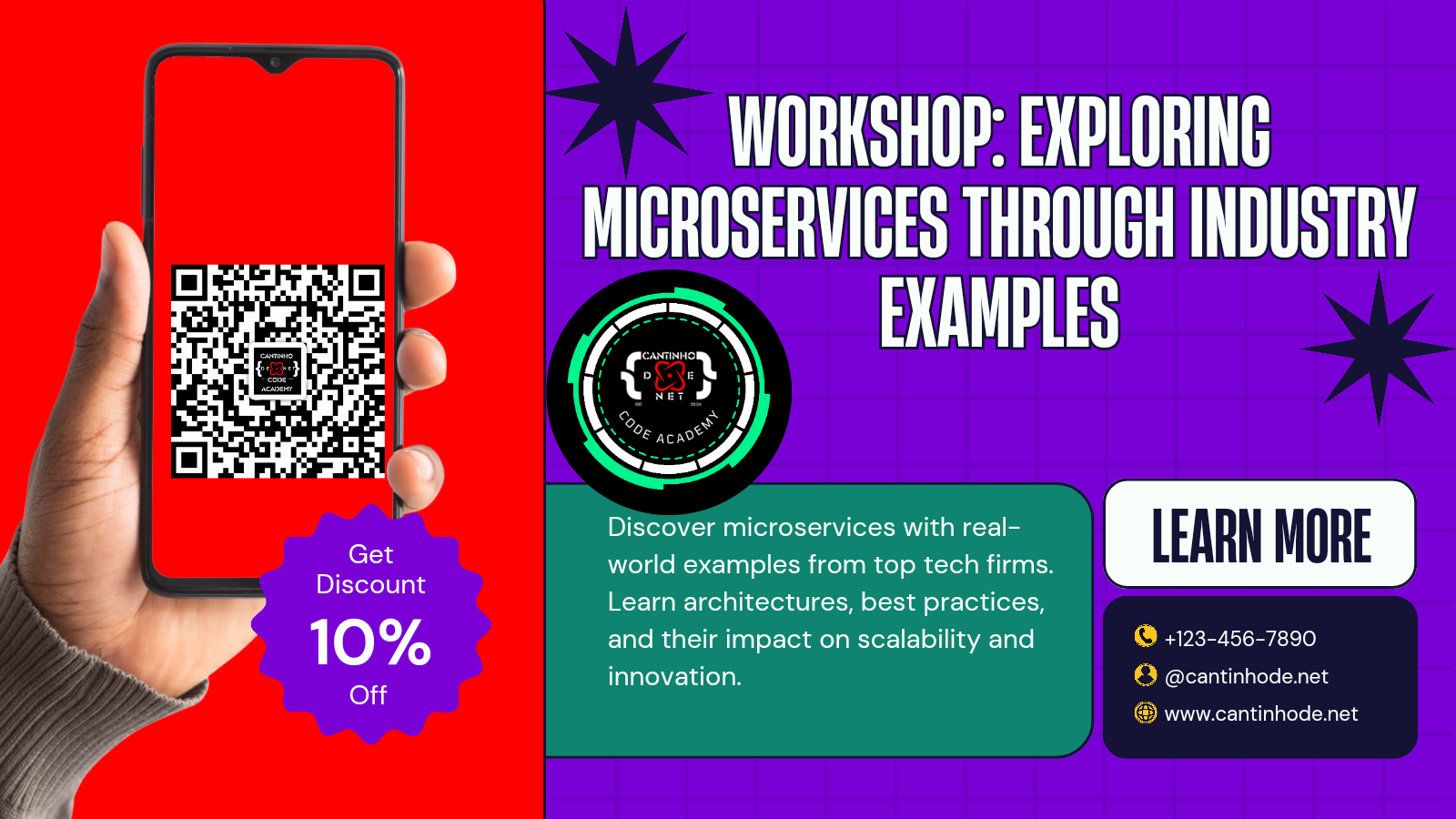Description
Workshop: Exploring Microservices Through Industry Examples
Objective
This workshop aims to provide participants with an in-depth understanding of microservices architecture through the lens of real-world applications. By examining how companies across various industries have successfully implemented microservices to address specific challenges, participants will gain insights into the practical aspects of designing, deploying, and managing microservices-based systems.
Format and Schedule
- Duration: Half-day workshop (4 hours)
- Target Audience: Software architects, developers, and project managers interested in adopting or understanding microservices architectures.
- Prerequisites: Basic understanding of software architecture principles.
Agenda
- Introduction (30 minutes)
- Overview of microservices architecture.
- Benefits and challenges of adopting microservices.
- Case Study Deep Dives (2 hours)
- Netflix: Streaming Service Scalability
- Overview of Netflix’s transition to microservices.
- Discussion on scalability and rapid deployment benefits.
- Amazon: E-commerce Evolution
- Amazon’s architectural evolution to support e-commerce operations.
- Insights into agility and scalability through microservices.
- Uber: Dynamic Dispatching System
- Examination of Uber’s real-time dispatch system.
- Discussion on reliability and scalability in a real-time context.
- Spotify: Personalized Music Experience
- Spotify’s backend architecture for personalized music streaming.
- Lessons on rapid feature development and personalized services.
- Zalando: Fashion Retail at Scale
- Zalando’s use of microservices for online retail.
- Discussion on market responsiveness and scaling strategies.
- Netflix: Streaming Service Scalability
- Group Activity: Design Your Microservices (1 hour)
- Participants are divided into small groups.
- Each group selects a hypothetical business scenario.
- Groups design a basic microservices architecture to address their scenario, considering factors such as scalability, modularity, and independence.
- Presentations of each group’s design to the workshop for feedback.
- Discussion and Q&A (30 minutes)
- Open discussion on the challenges of implementing microservices.
- Strategies for managing distributed data, ensuring security, and deploying microservices.
- Q&A session addressing specific concerns and scenarios from participants.
Materials Provided
- Case study summaries and discussion questions.
- Templates for microservices design activity.
- Recommended reading list for deeper exploration of microservices architecture.
Learning Outcomes
By the end of the workshop, participants will:
- Have a clear understanding of how and why different companies have transitioned to microservices.
- Be able to articulate the benefits and challenges of microservices architectures.
- Gain practical experience in designing a microservices architecture tailored to specific business needs.
- Learn strategies for overcoming common obstacles in adopting microservices.
Follow-up
Participants will be encouraged to join an online forum or community group dedicated to software architecture discussions, enabling ongoing learning and exchange of ideas on microservices and other architectural patterns.
This interactive workshop is designed to provide participants with both theoretical knowledge and practical skills, leveraging real-world examples to illustrate the transformative impact of microservices architecture across various industries.




Reviews
There are no reviews yet.